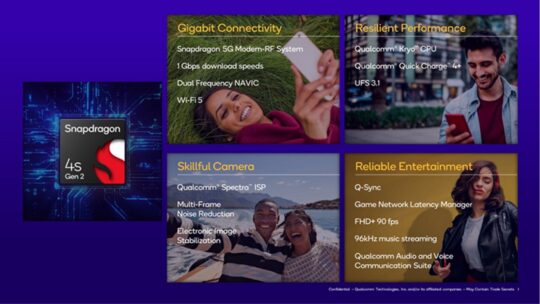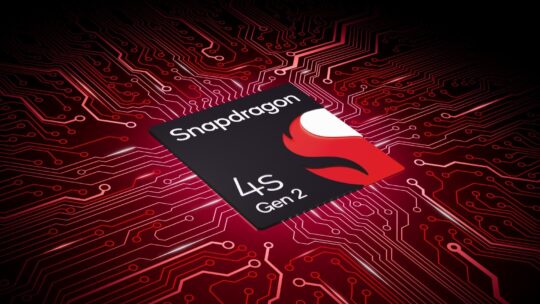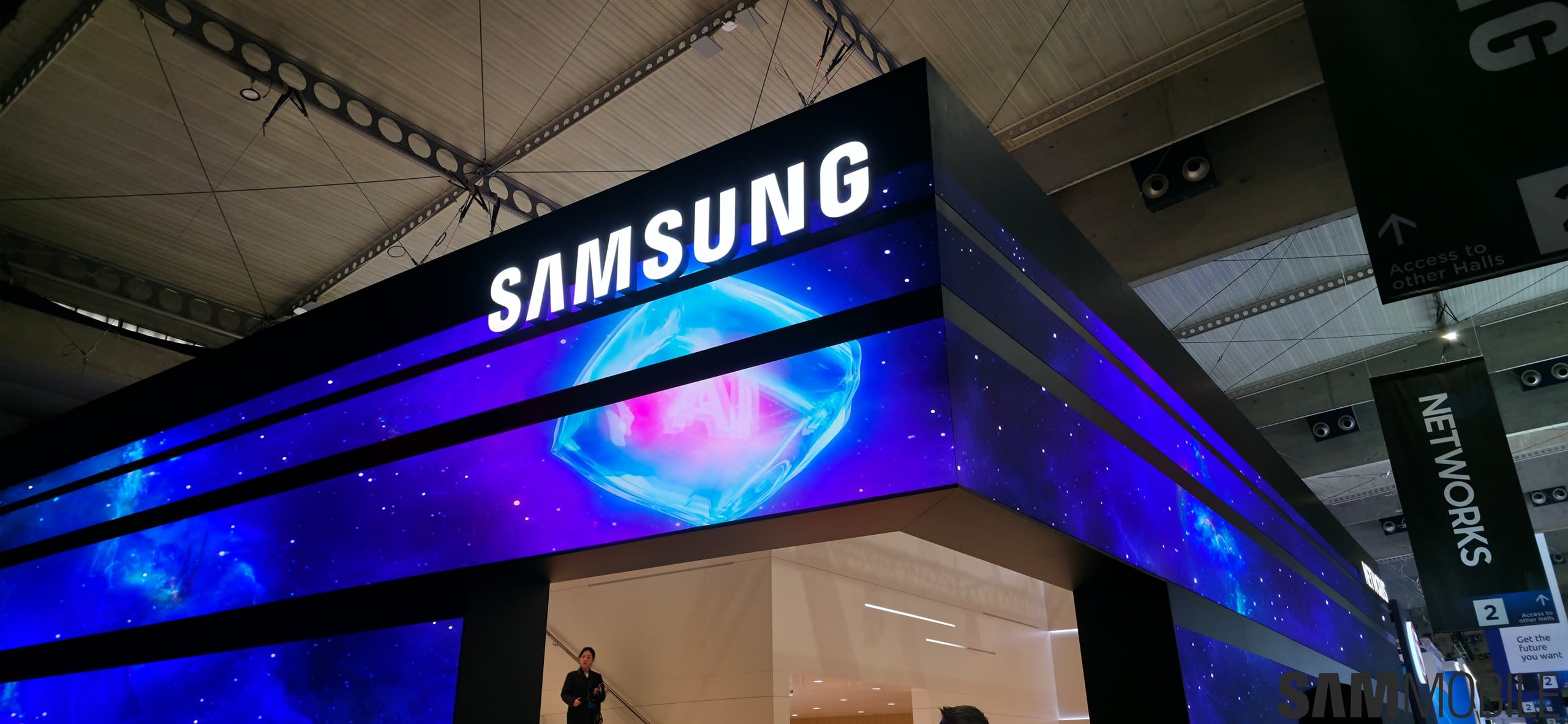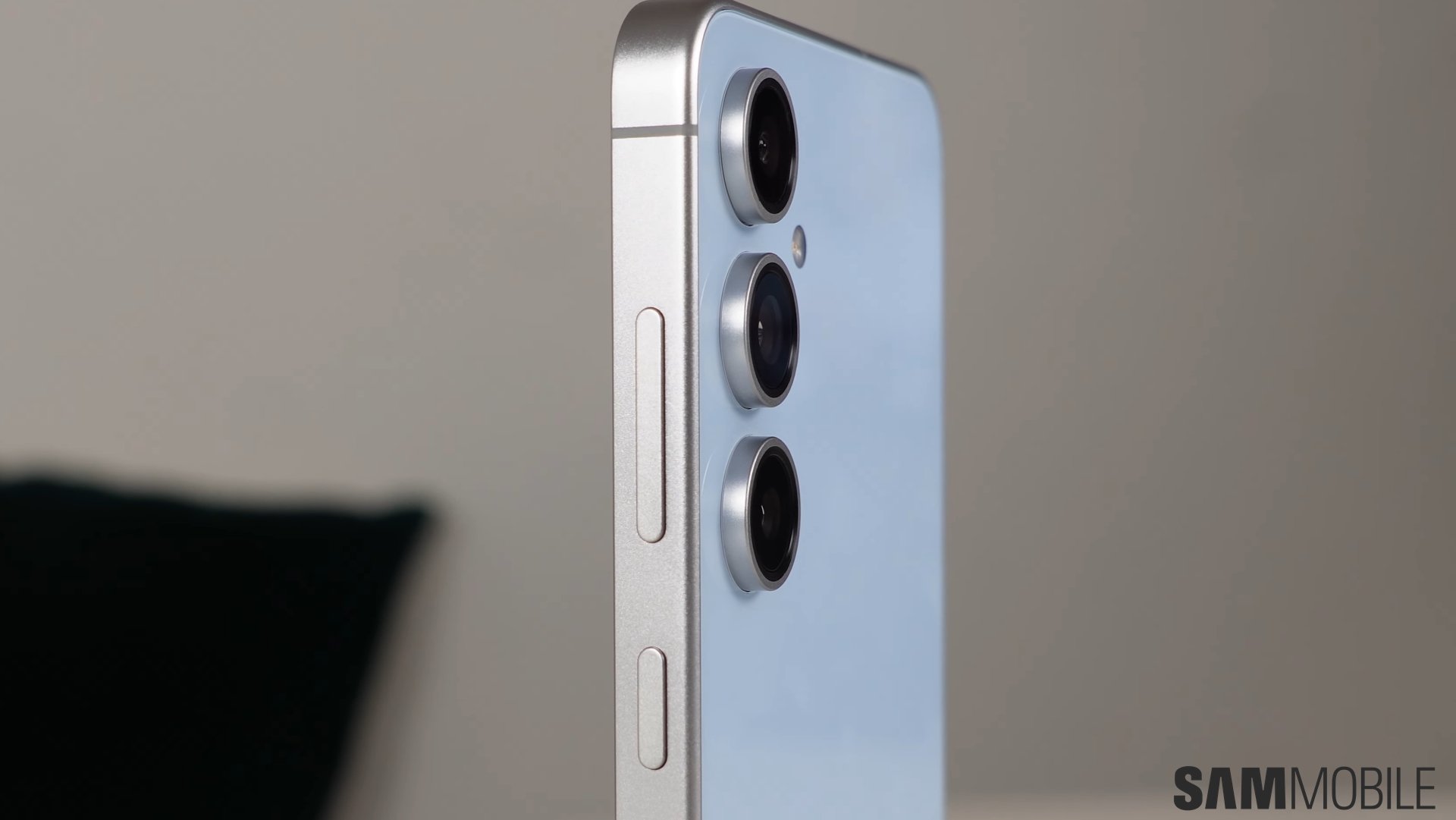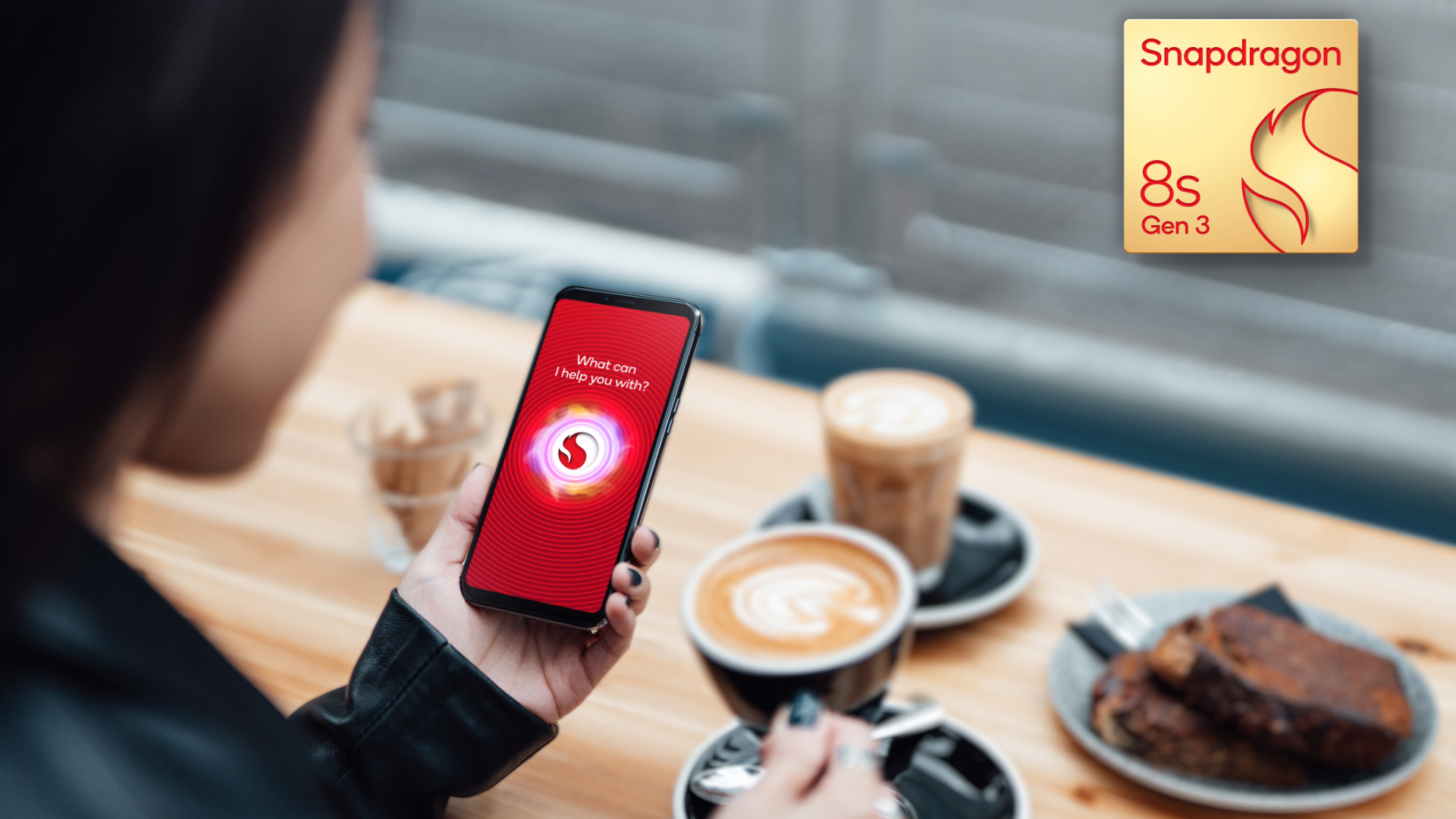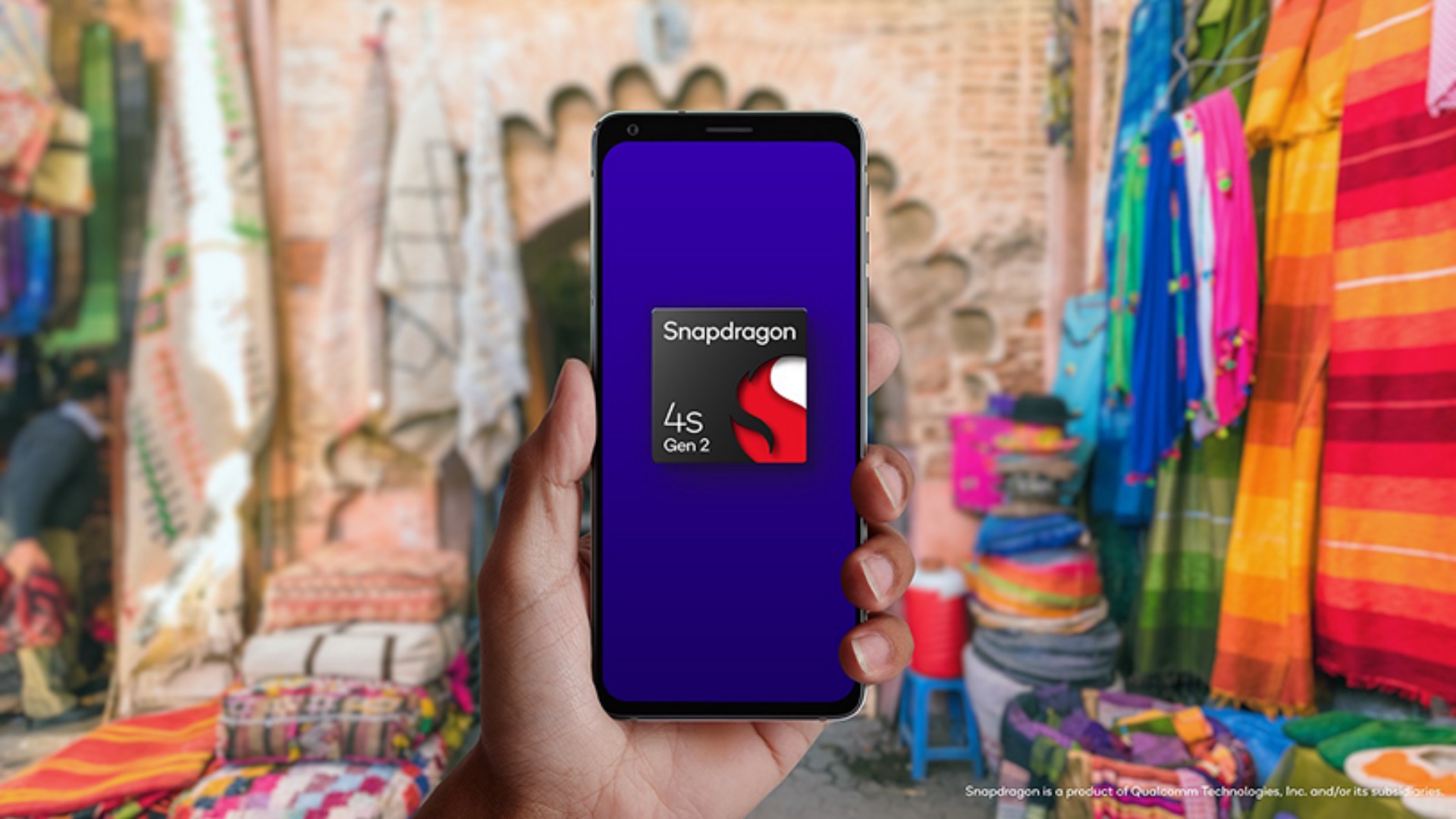
Snapdragon 4s Gen 2 to bring 5G to $100 smartphones
The Snapdragon 4s Gen 2 (SM4635) is an entry-level chip made using Samsung Foundry's 4nm fabrication process. It features an octa-core CPU, featuring two Cortex-A78 cores clocked at 2GHz and six Cortex-A55 cores clocked at 1.8GHz.
It has the Adreno 611 GPU that can drive smartphones with screens that have Full HD+ resolution and a 90Hz refresh rate. The chip can play 1080p videos at 60fps. It can be paired with LPDDR4x DRAM running at 2,133MHz and UFS 3.1 storage chips.
The built-in Snapdragon X61 modem is compatible with 2G, 3G, 4G, and 5G networks. Its peak download speed is claimed to be 1Gbps on a 5G network. It only supports sub-6GHz 5G networks, which is understandable, as most 5G networks around the world are operating on the more reliable sub-6GHz technology.
The new chip's location-tracking technologies include Beidou, Galileo, GLONASS, GPS, NavIC (L1+L5), and QZSS. Other connectivity features include Wi-Fi 5, Bluetooth 5.1, NFC, and a USB 3.2 Gen 1 Type-C port. The chip supports Qualcomm's Quick Charge 4+ fast charging.
On the imaging side, the dual-12-bit Spectra image signal processor (ISP) inside the Snapdragon 4s Gen 2 supports camera sensors with resolutions up to 84MP. It can capture images with zero shutter lag (ZSL) with two 13MP camera sensors simultaneously, while single-camera support for zero shutter lag is 25MP. Up to 1080p video recording is supported.
Chris Patrick, Senior Vice President and General Manager of Qualcomm's Mobile Handsets division, said, “The Snapdragon 4s Gen 2 Mobile Platform is a significant leap forward in making 5G technology more accessible, so more people can navigate the world at 5G speeds.”
The first phone to use this chip will be launched by Xiaomi, but many other brands will likely use it in their future entry-level phones. Whether or not Samsung will use it in any entry-level Galaxy smartphone or tablet remains to be seen.












